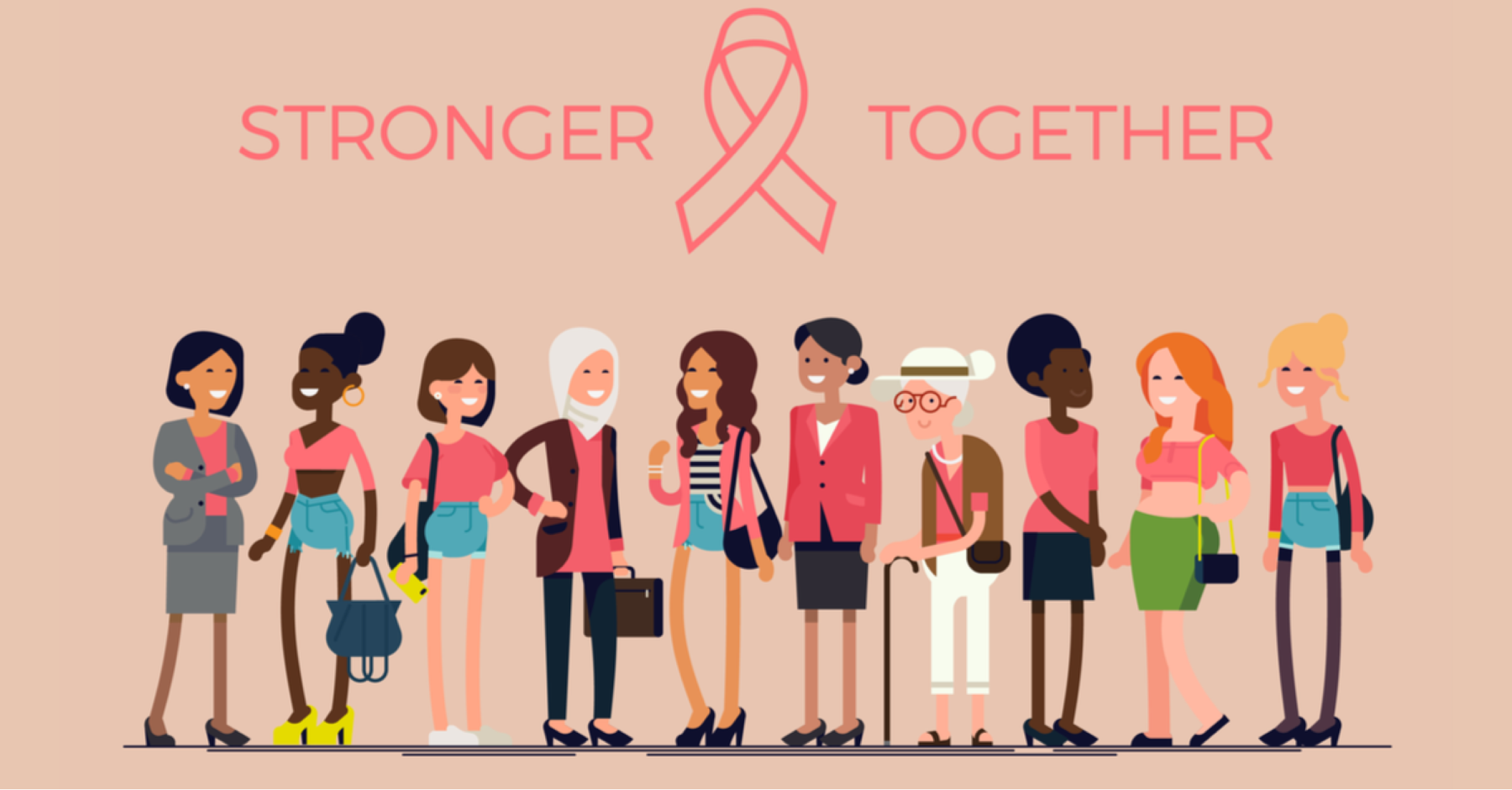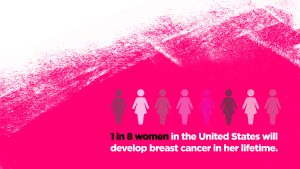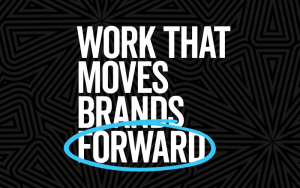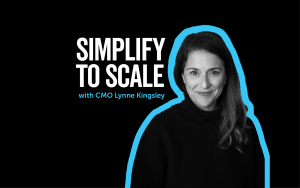(Updated for 2022)
To help our social media gurus (YOU!) get ready for #Pinktober, we’ve lovingly edited down breast cancer awareness facts to 280 characters or less including hashtags. Simply cut/paste on each day and presto! If you’re super savvy, add your own hashtag and track how many retweets and likes you get.
Happy tweeting!
- The leading risk factor for breast cancer is simply being a woman. Women are 100x more likely to be at risk than men. #pinktober
- 85% of breast cancer cases occur in women who have no family history of breast cancer. #pinktober
- About 5 to 10% of breast cancers can be traced to specific, inherited gene mutations, such as the BRCA1 and BRCA2 gene mutations. #pinktober
- Men can also get breast cancer. About 2,150 are diagnosed annually – or about 1 in 1,000 men. #pinktober
- A woman has about a 1 in 8 chance of being diagnosed with breast cancer in her lifetime. – Nat’l Cancer Institute #pinktober
- The American Cancer Society estimates about 3.8 million women with a history of breast cancer live in the U.S. #pinktober
- Breast cancer remains the second leading cause of cancer death after lung cancer. #pinktober
- A top risk factor for breast cancer: Simply getting older – 79% of new cases and 88% of deaths occurred in women over 50. #pinktober
- According to the American Cancer Society, breast cancer accounts for 29% of newly diagnosed cancers. #pinktober
- On average, every 2 minutes a woman is diagnosed with breast cancer and 1 woman will die of breast cancer every 13 minutes. #pinktober
Related: 5 Ways Companies Can Promote Breast Cancer Awareness Month
- In the 1970s, breast cancer lifetime risk was one in 11 – compared to today’s one in eight. #pinktober
- There is no evidence to support that wearing a bra causes breast cancer according to a study done in 2014. #pinktober
- Women who are diagnosed with cancer before age 40 are 4.5 times more at risk of developing another breast cancer. #pinktober
- Women of Ashkenazi Jewish heritage are at a higher risk of having BRCA mutation. #pinktober
- Myth: Everyone needs genetic screening for breast cancer. Fact: Only about 2% of women meet the guidelines for screening. #pinktober
- Fewer than 1% of the general population have a BRCA mutation. #pinktober
- Research suggests breastfeeding for a year or more reduces risk of breast cancer – about a 4.3% reduction for every 12 months. #pinktober
- The risk of overweight women developing breast cancer after menopause is 1.5 times higher than in lean women. #pinktober
- A woman’s risk of breast cancer nearly doubles if she has a first-degree relative (mother, sister, daughter) who has been diagnosed with breast cancer.#pinktober
- The American Cancer Society continues to recommend yearly mammograms beginning at age 40. #pinktober

- Exercise reduces breast cancer risk for women of all body types. #pinktober
- The American Cancer Society recommends 150 minutes of moderate intensity exercise per week to manage risk. #pinktober
- Drink less alcohol to avoid risk. 1 glass of wine, 1 beer or 1 hard liquor drink per day. #pinktober
- With 8 / 10 breast lumps discovered by women themselves, don’t underestimate monthly breast self-exams. #pinktober
- Women diagnosed with breast cancer are up to 4x more likely to develop a new cancer in the same or other breast. #pinktober
- Women who eat a Mediterranean diet supplemented with extra-virgin olive oil and mixed nuts may have a reduced risk of breast cancer. #pinktober
- According to the National Institutes for Health, breast cancer survivors are at an increased risk of osteoporosis. #pinktober
- The overall death rate from breast cancer decreased by 1% per year from 2013 to 2018. #pinktober
- Breast cancer typically produces no symptoms when the tumor is small and most easily treated. #pinktober
- More than 3.1 million US women alive today have a history of breast cancer. #pinktober
- 5 best ways to prevent breast cancer: exercise, eat healthy, limit alcohol, quit smoking, get annual mammograms. #pinktober
Check out Ironmark’s #Pinktober promo products to help link your brand to a great cause, and contact us if you’d like more information on how your company can show support for breast cancer awareness.
Sources: American Cancer Society Facts and Figures, City of Hope




